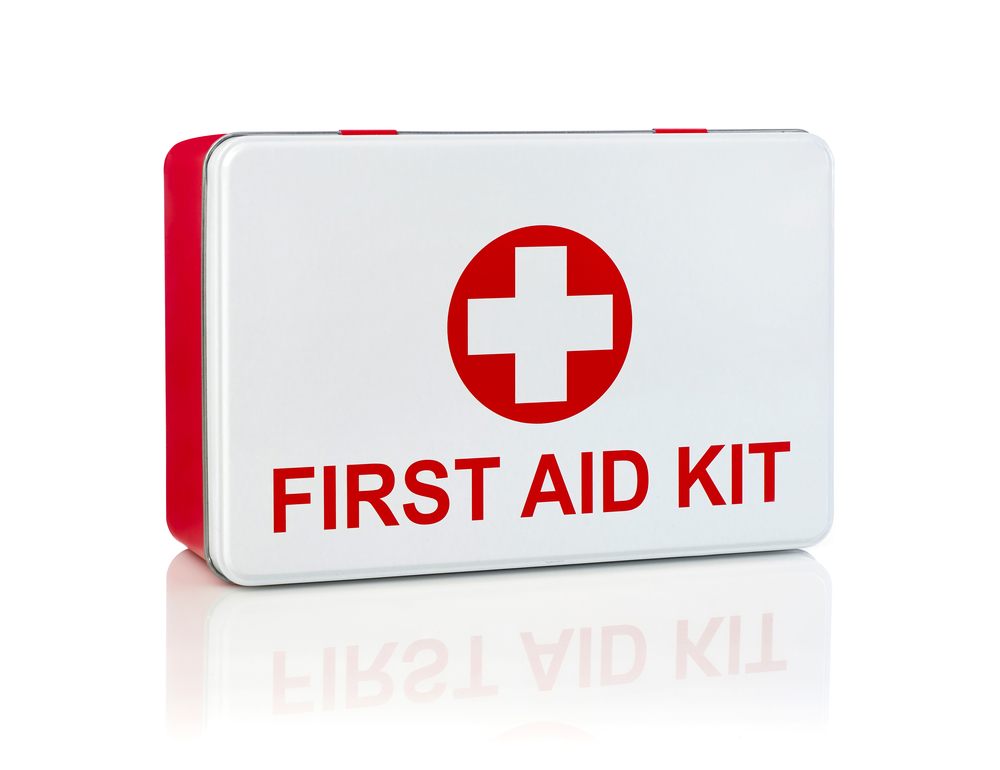4 Important Medical Devices That Every Business Should Have On Hand

 Regardless of the size of your business, accidents and illness happen when least expected. Being adequately prepared can mean the difference between a tragic situation and a helpful one. In many cases, the quicker the sick or injured person receives proper attention, the shorter their recovery time will be.
Regardless of the size of your business, accidents and illness happen when least expected. Being adequately prepared can mean the difference between a tragic situation and a helpful one. In many cases, the quicker the sick or injured person receives proper attention, the shorter their recovery time will be.
Employers don't always know what to include in their emergency medical supplies. The best way to approach this decision-making process is to consider the types of sicknesses or injuries that can occur in the workplace. Once this is clear, the equipment needed to respond to these situations will become evident.
Three life-threatening conditions are:
A) excessive bleeding
B) heart attack
C) lack of oxygen - trouble breathing
Think in terms of the equipment that should be available if one of these events occurred.
First Aid Kit and Equipment
The bare minimum to have on hand in a workplace environment is a well-stocked,
OSHA-approved first aid kit. A worker can get cut from machinery or a fall. Loss of blood and exposure to germs is a serious matter. Therefore, your first aid kit should contain the necessary items to stop the bleeding and keeping the wound clean.
Know what is in your first aid kit. At a minimum, it should contain band-aids, gauze bandages, rolled gauze, tape, a good pair of scissors and antiseptic. The kit should have tweezers from removing splinters. All the gauze and bandages should be sterile and in sealed packages.
Protection for the person helping the victim is also important. Disposable nitrile gloves will keep blood away from the person applying the bandages as well as keep germs from the helper's hands away from the patient. Masks are appropriate if someone is coughing or has a head cold.
An AED (Automated External Defibrillator)
The workplace can be a stressful place. Overexertion can bring on a heart attack without warning. Calling 911 is certainly one of the top priorities in a heart attack situation, but there are life-saving measures that can be taken in the office before the ambulance arrives.
AEDs have been proven to the save lives of people who are the throws of a heart attack. Although today's models walk the user through the steps to be taken, people who are totally unfamiliar with this device will be hesitant to employ it. Ideally, someone in the workplace should be trained on how to use this and other medical equipment. An online acls renewal course is a good place to get the necessary training.
Equipment for Sprains or Falls
Falls are common in the workplace. Having the right equipment on hand can reduce the employees suffering before emergency medical service arrives.
Cold packs will keep the swelling of a sprain or broken bone to a minimum. Have several ice packs available to cover the entire affected area.
A wheelchair will allow the employee to be moved to a more comfortable area of the business without hopping or being carried.
A broken or sprained arm needs a sling. Many first aid kits include a cloth sling.
If the person who fell might have suffered a neck injury, a neck collar and/or head blocks will keep the person steady and in one place until professional emergency medical workers arrive to evaluate the patient.
Falls often occur when floors are wet. Cones that warn personnel that the floor is slippery is a must-have piece of equipment.
Portable Mist Inhaler
Additional precautions within the workplace can be taken if the staff knows about medical conditions that the employees have.
For example, if an employee suffers from asthma or other respiratory ailments, having a mist inhaler may ease the condition until the emergency medical team arrives with oxygen or medication.
If there is an employee with diabetes, having glucose gel packs on hand may be needed in the event that the employee has a serious low blood sugar episode.
Having the proper medical equipment at the workplace can also save the company from lawsuits alleging negligence. If a company owner can show that every precaution was taken to deal with sudden illnesses or accidents by having the proper medical equipment on hand, the liability may be lessened. If it can be further shown that the company has personnel trained in handling emergency medical situations, then the workplace is a safer environment for all concerned.
